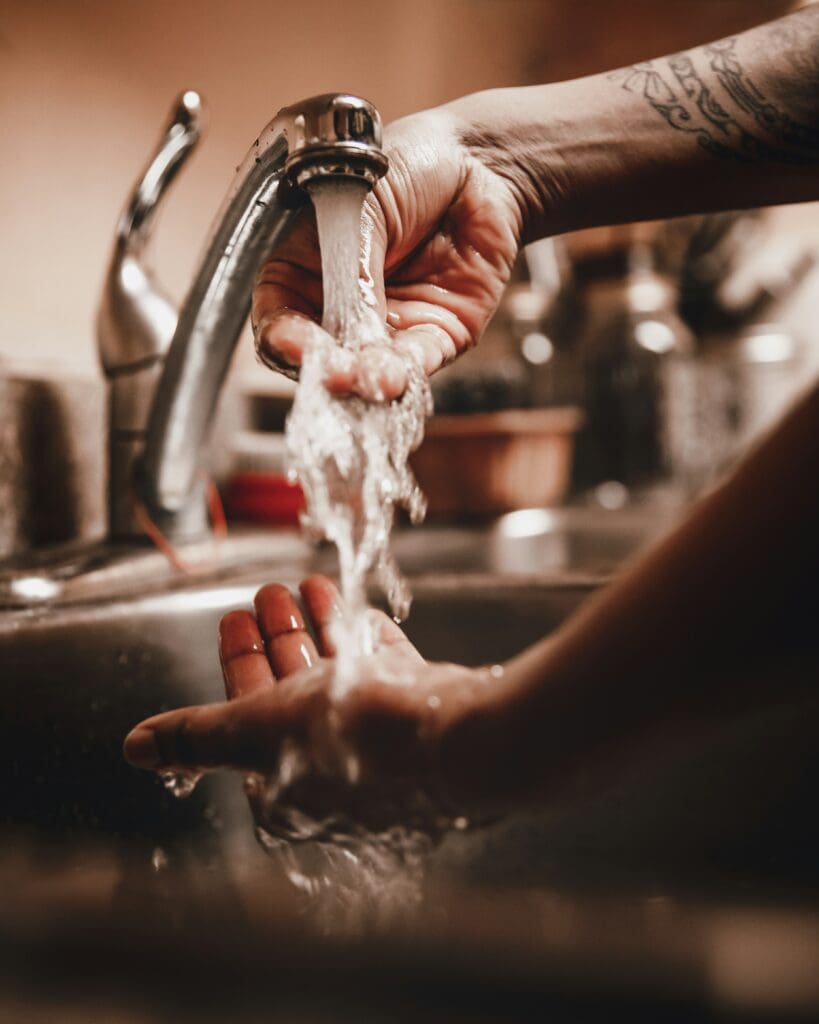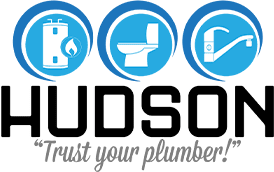When it comes to the health and safety of your family, clean drinking water is essential. As homeowners in Bloomington and Martinsville, understanding the potential water contaminants in your area can help you make informed decisions about your water supply and the health of your home. In this blog post, we’ll explore common water contaminants, how they affect you, and what you can do to protect your family’s health.

What Are Water Contaminants?
Water contaminants are harmful substances that can be found in your drinking water. These contaminants come from various sources, such as agricultural runoff, industrial processes, plumbing systems, and even natural sources. They can affect the quality and safety of your water, leading to potential health issues if not addressed properly.
Common Types of Water Contaminants
- Bacteria and Viruses Bacteria like E. coli and viruses such as norovirus are common water contaminants. These microorganisms can cause gastrointestinal problems, including nausea, vomiting, and diarrhea. In some cases, they can lead to more serious illnesses, especially in young children, the elderly, and people with weakened immune systems.
- Heavy Metals Heavy metals like lead, arsenic, and mercury are toxic and can be harmful even in small amounts. Lead is particularly concerning because it can leach into your water from old plumbing pipes. Long-term exposure to lead can cause developmental issues in children, as well as high blood pressure and kidney problems in adults.
- Chlorine and Chloramine While chlorine is often used to disinfect drinking water, excessive chlorine levels can affect taste and odor. Additionally, chloramine, which is a combination of chlorine and ammonia, is used in some areas as a disinfectant. Both of these chemicals can irritate the skin, eyes, and respiratory system.
- Pesticides and Herbicides Chemicals used in farming and landscaping can wash into water sources during rainstorms, contaminating the water supply. Pesticides and herbicides may cause various health issues, including hormonal imbalances, developmental problems, and increased risk of cancer.
- Fluoride Fluoride is commonly added to public water supplies to prevent tooth decay. However, excessive fluoride levels can lead to a condition called dental fluorosis, which causes discoloration and damage to teeth. In high concentrations, fluoride may also be linked to bone problems.
- Nitrates Nitrates, often found in agricultural runoff from fertilizers and manure, can contaminate groundwater sources. High levels of nitrates in drinking water are especially dangerous for infants, as they can interfere with the blood’s ability to carry oxygen, leading to a condition called “blue baby syndrome.”
How Do Water Contaminants Affect Your Health?
The impact of water contaminants on your health depends on the type and concentration of the substance, as well as the duration of exposure. Short-term exposure to some contaminants can cause minor issues like stomach upset, while long-term exposure can lead to chronic diseases, neurological damage, and even cancer.
Children, the elderly, and people with compromised immune systems are more vulnerable to the harmful effects of contaminated water. It’s important to regularly test your water to ensure its safety and take action if necessary.
How to Protect Your Family from Water Contaminants
As a homeowner in Bloomington or Martinsville, there are several steps you can take to protect your family from harmful water contaminants:
- Install a Water Filtration System A water filtration system can remove many common contaminants from your water. Depending on your needs, you can choose from whole-house filters, under-sink filters, or faucet-mounted filters. Be sure to select a system that targets the specific contaminants in your area.
- Test Your Water Regularly Testing your water is the most effective way to detect potential contaminants. A water quality test will identify harmful substances like lead, bacteria, and heavy metals. You can either purchase a water testing kit or hire a professional to conduct the test for you.
- Maintain Your Plumbing Old pipes can leach harmful substances into your water, especially if they are made of lead or copper. Regularly inspect your plumbing and have it replaced when necessary to prevent contaminants from entering your water supply.
- Use Bottled Water or Boil Water If Necessary If you suspect your tap water is contaminated, consider using bottled water for drinking and cooking until you address the issue. Alternatively, boiling your water can kill bacteria and viruses, though it may not remove other contaminants like lead.
- Stay Informed Stay up to date on the quality of your local water supply. The Environmental Protection Agency (EPA) and your local water utility often provide water quality reports, which can help you identify potential contaminants in your area.
Conclusion
Water contaminants are a serious concern for homeowners in Bloomington and Martinsville. By understanding the types of contaminants that can affect your water and taking proactive steps to protect your family, you can ensure that your drinking water remains clean and safe. If you’re concerned about your water quality, don’t hesitate to reach out to a professional plumber at Hudson Plumbing for guidance and solutions. Stay informed and take action to protect the health of your home and loved ones today!
If you need assistance with water filtration, plumbing repairs, or water testing, contact Hudson Plumbing, serving Bloomington and Martinsville, today!

